This year, the immensely popular outdoor section The Sound of Music is going to have a dual nature. The iconic Qatsi Trilogy by Godfrey Reggio, one of this year’s Dragon of Dragons recipients, will be showcased at the foot of the Wawel Hill. The score for these renowned films was written by the outstanding composer Philip Glass. Open screenings will be held daily from 27th to 29th May at 9:00 PM.
The Sound of Music has become an integral part of the Krakow Film Festival’s programme. This free event, held in an open-air cinema right under the Wawel Hill, draws a crowd every year. In the evening, it screens films where music plays a particularly significant role. Previously, the event has featured biopics of stars, African artists, iconic Polish musicals, and documentaries awarded in the DocFilmMusic competition. This time, the audience will have the chance to see Godfrey Reggio’s legendary Qatsi Trilogy, with the magnificent score by Philip Glass, on the big screen.
The first part of the iconic Qatsi Trilogy is a beautiful visual essay presented in a documentary format. In the language of Arizona’s Hopi people, Koyaanisqatsi means “life out of balance” or “life in turmoil.” The main and only protagonist here is Planet Earth, the battleground of two entirely different realities: pristine nature and human civilization. Devoid of verbal commentary and all other conventional elements of a film, such as a script, plot, or classic narration, the film makes an impact with the power of its suggestive imagery and Philip Glass’s score, which brings a strong emotional charge.
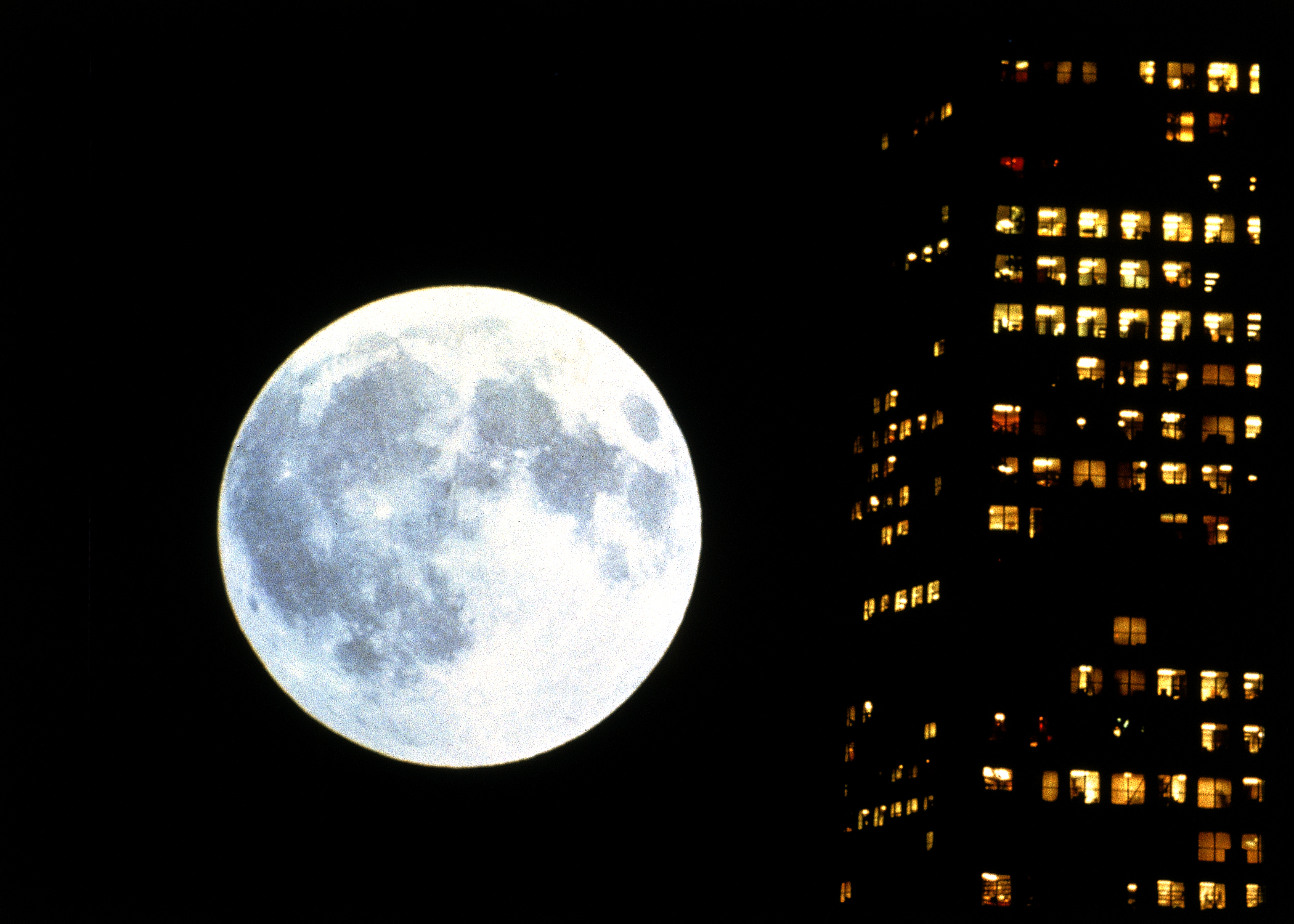
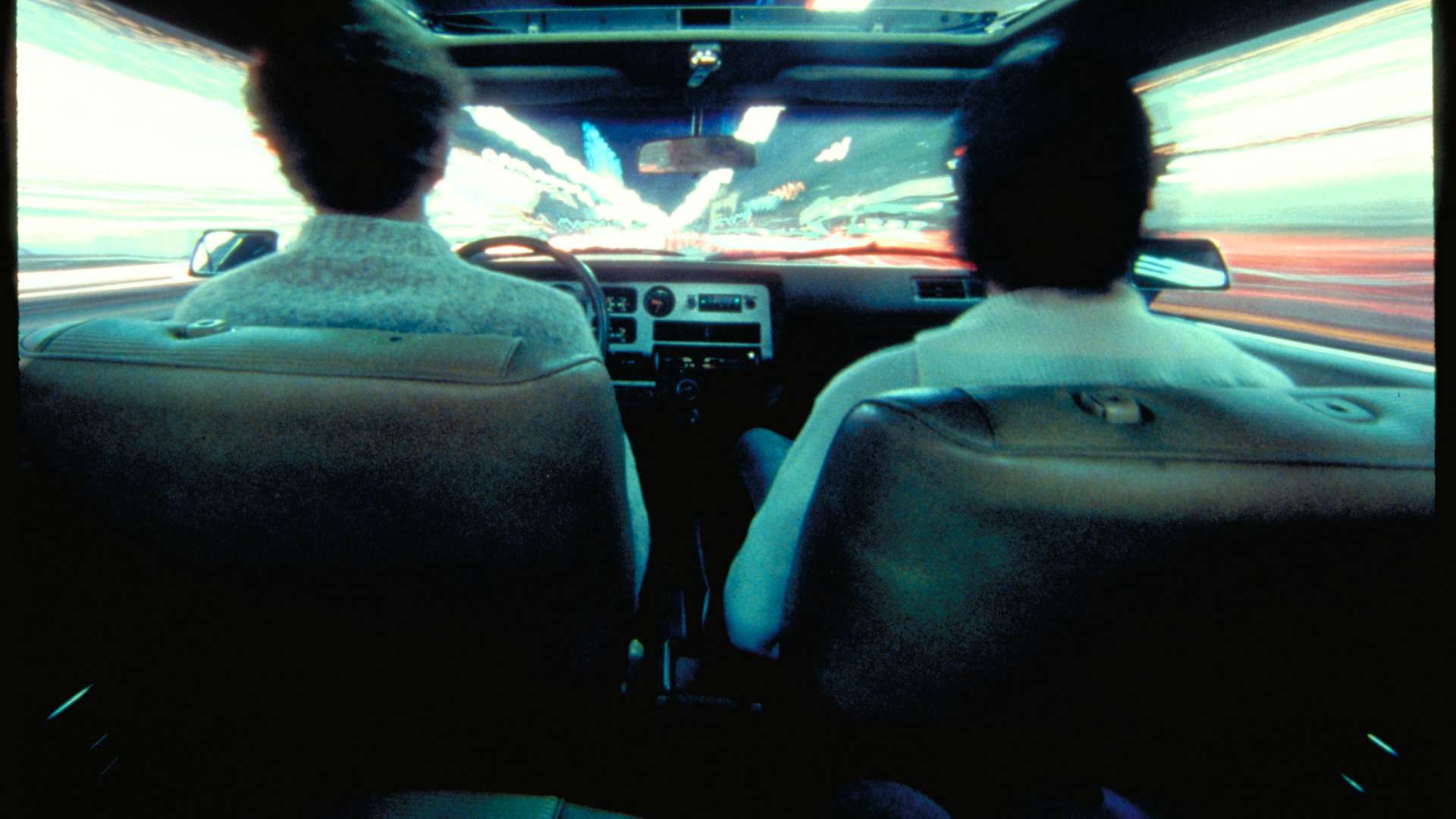
The second part of the trilogy, Powaqqatsi, was produced on a grand scale. The crew travelled the world for many months, visiting 15 countries across four continents. Filming took place in locations such as Brazil, Kenya, Israel, and Nepal, where traces of ancient cultures still remain. As with the previous film, the title of the second part is derived from the language of Native Americans. “Powaqa” refers to a group of people practicing magic who live at the expense of others, and thus the entire title can be translated as “life in transformation”. The film’s protagonists are the people of the southern hemisphere – indigenous tribes and city dwellers, their daily lives, and cultures. It is a celebration of everyday life and work, where the absence of commentary is replaced by evocative images and the excellent music by Philip Glass.
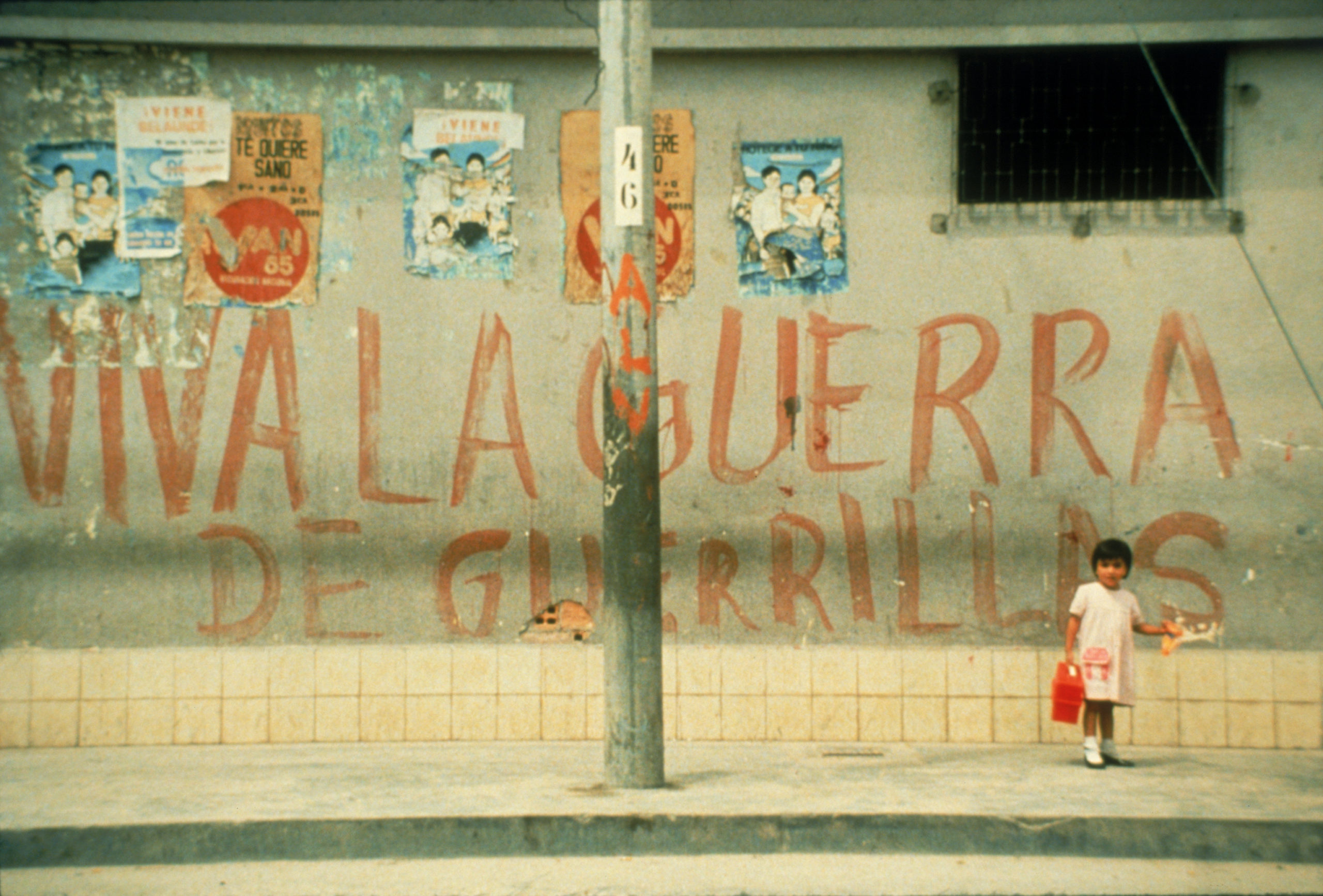
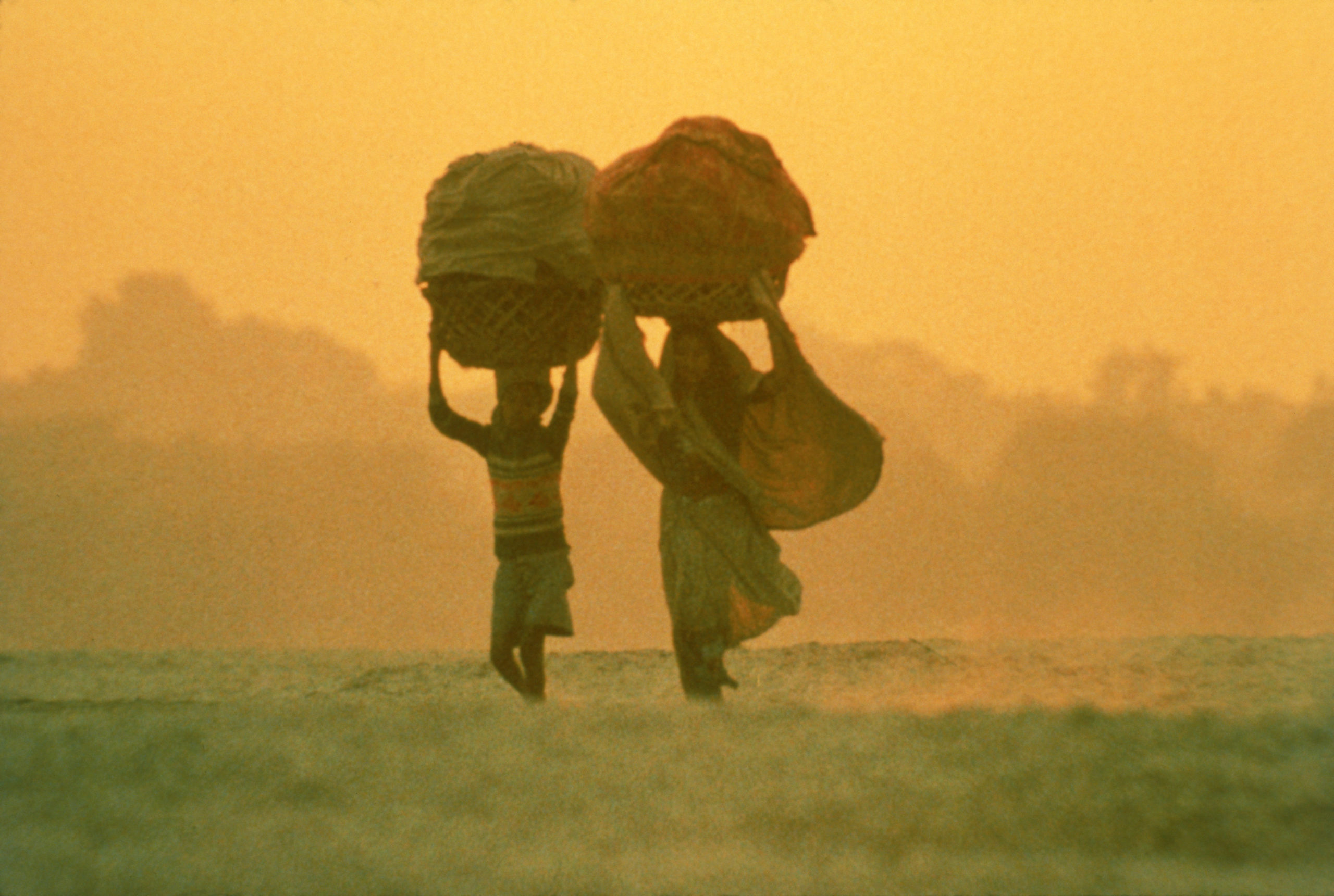
The final instalment in the trilogy was made 14 years later and has the most pessimistic tone. Naqoyqatsi in the Hopi language means “life as war”. This grim vision of the world, created using the most advanced computer techniques of the time, appears devoid of hope. It depicts a reality entirely dominated by technology and artificial intelligence. Reggio’s film can be viewed as a futuristic, dehumanized vision of the future unfolding before our eyes, while also containing elements that, years later, seem somewhat outdated and grotesque. The film as a whole is a fascinating record of the spirit of its time and the technical possibilities available during its production.
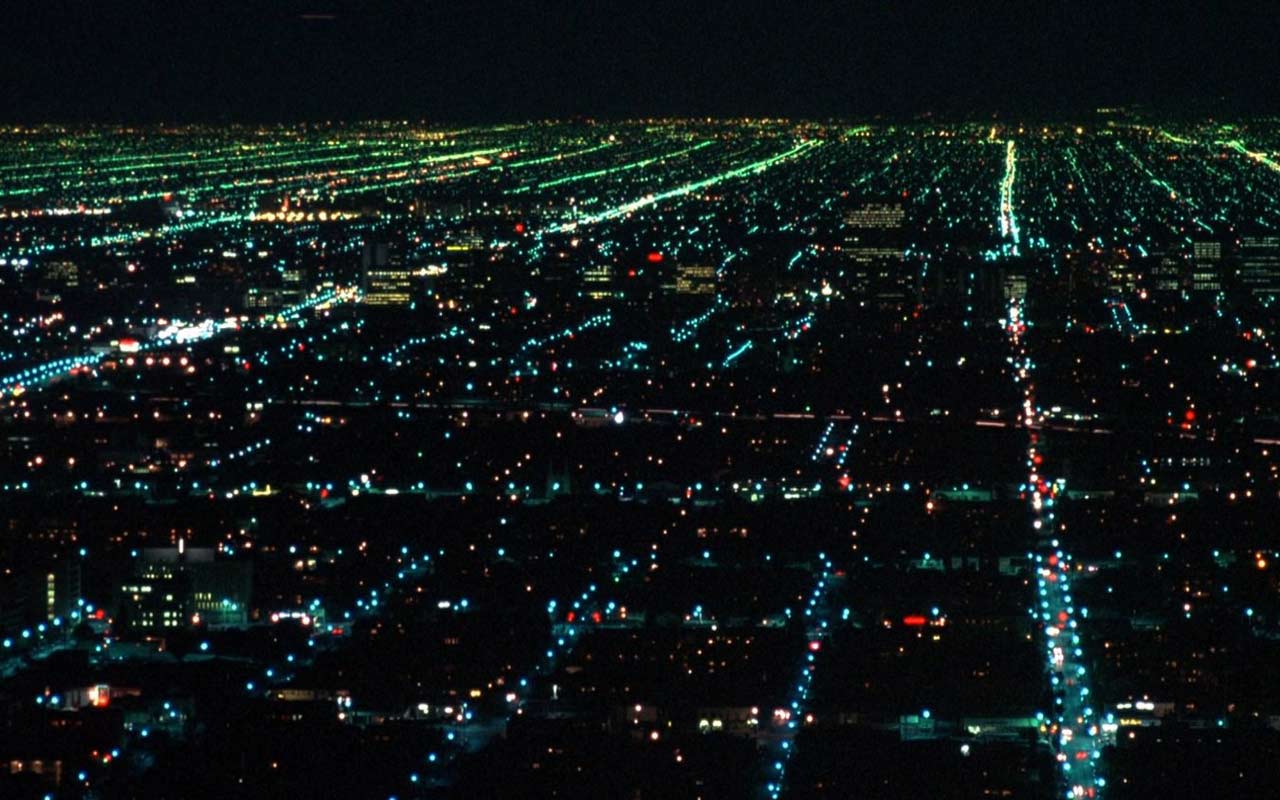
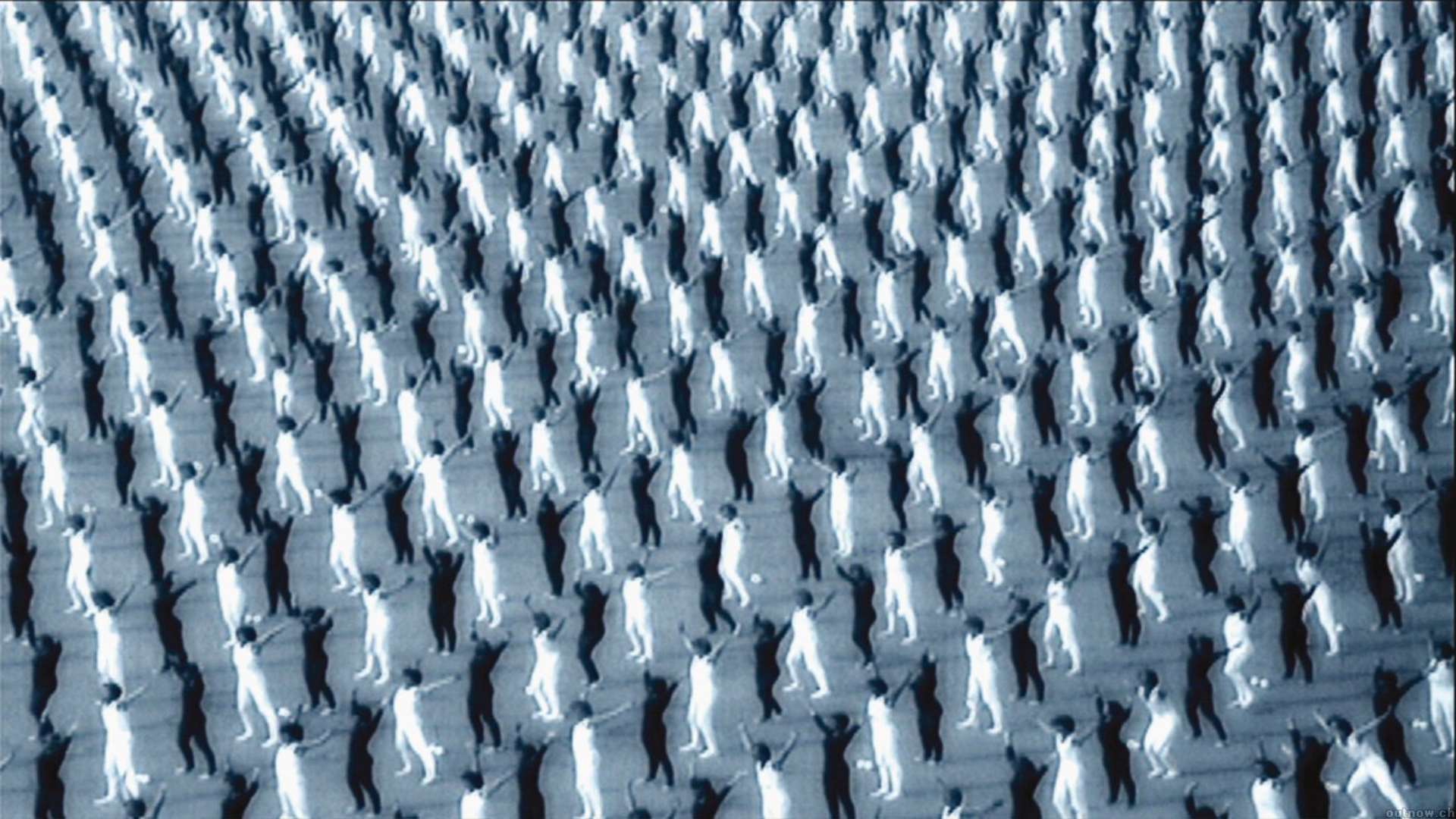
The Dragon of Dragons award ceremony will take place on 27th May at 9:00 PM during an open screening at Kino Pod Wawelem. Although Godfrey Reggio will not be present in Kraków, he will connect with the audience after the screenings and conduct his masterclass online.
The event is preceded by a unique and highly insightful conversation between Kuba Mikurda, Marcin Borchardt, and the award’s recipient:
The United States Consulate General in Kraków is the partner of Godfrey Reggio’s retrospective.
Passes and tickets for the 64.th Krakow Film Festival are on sale now!
The schedule of screenings and accompanying events is available here.
The Krakow Film Festival is on the exclusive list of qualifying events for the Oscars® in the categories of short film (live action, animated, documentary) and documentary feature, as well as a recommending event for the European Film Awards in the same categories.
The Kraków Film Festival is organised with the financial support of the Municipality of Kraków, the Ministry of Culture and National Heritage, the European Union’s Creative Europe program, the Lesser Poland Province, the Polish Film Institute. The festival is co-organised by the Polish Filmmakers Association.
The 64th Krakow Film Festival will be held in cinemas from 26 May to 2 June and online across Poland on the KFF VOD platform from 31 May to 16 June 2024.